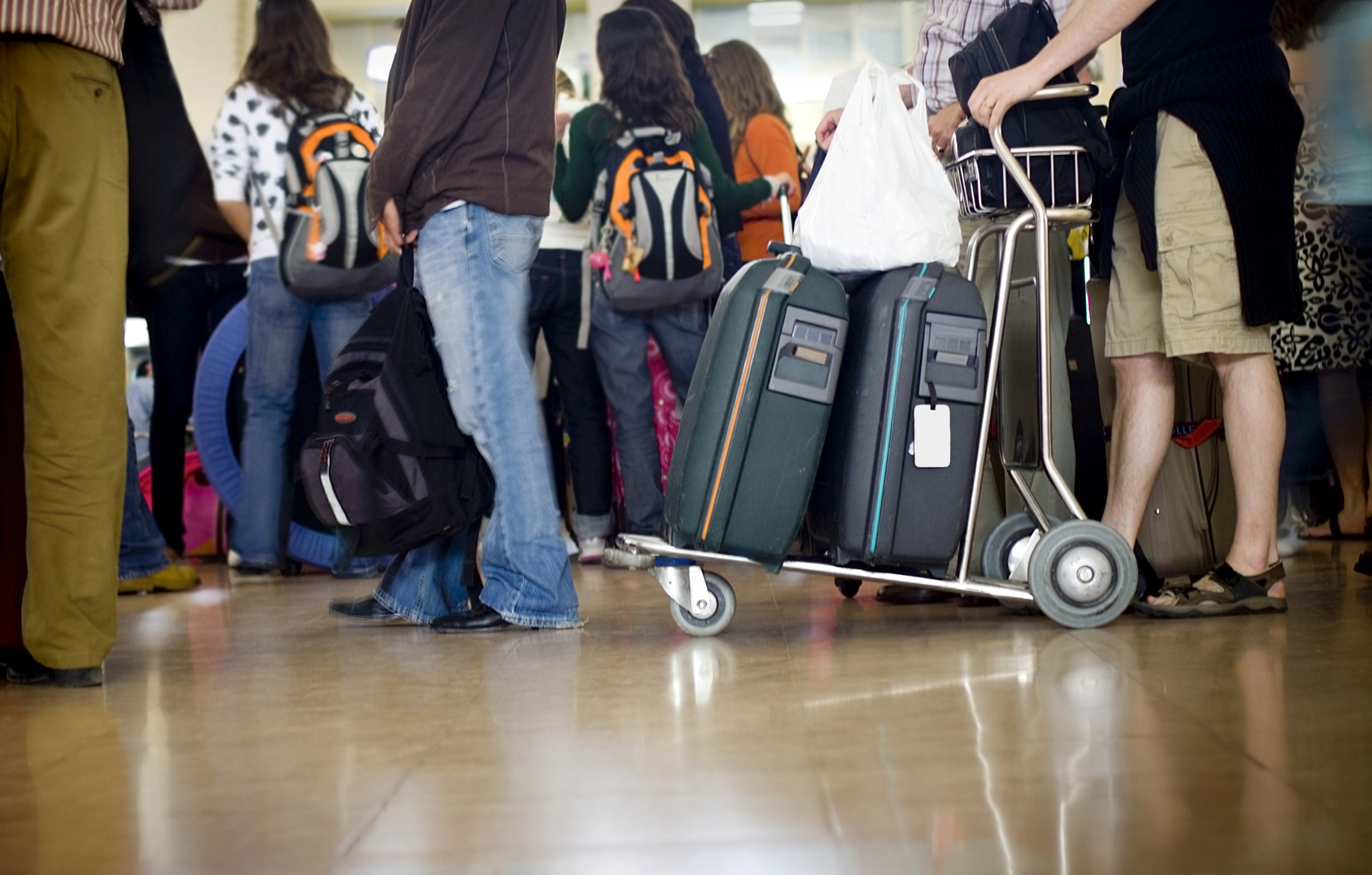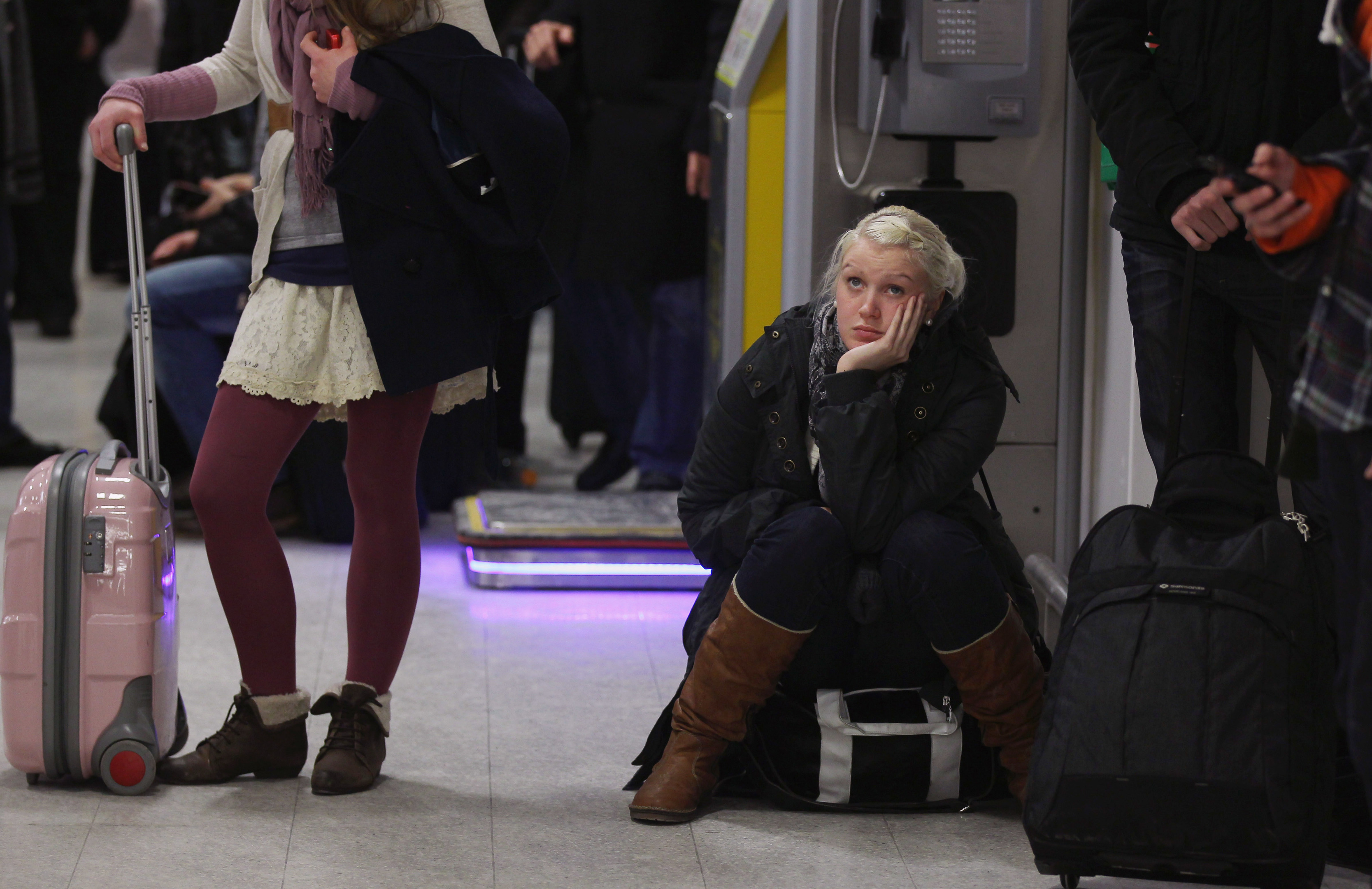
Soaring numbers of claims are being brought against big-name carriers because they have refused to cough up damages to people whose trips have been ruined.
Lawyers claim passengers are being forced to take the desperate step because airlines are simply ignoring their complaints.
They have accused well-known budget firms such as easyJet and Ryanair as being among the worst culprits.
Daniel Morris, director of aviation law specialists FairPlane UK, said: “It sounds ridiculous, but it is the only way we can obtain compensation for passengers within a reasonable time frame.
“In some cases airlines have even confirmed in writing that they owe this money, and have agreed a timescale to pay it, but have simply failed to do so.
“They are simply playing the system.”
FairPlane is currently dealing with more than 3,000 claims from disgruntled passengers – with fresh cases brought every week.
Specialist lawyers from another firm, Bott & Co, have another 7,000 on their books and say they have already settled claims for almost 45,000 people.
Unless there are exceptional circumstances, passengers are entitled to compensation of between £180 and £430 if their flight lands three or more hours late.
Airlines have a duty to let passengers know about their right to a pay-out but often wait for court proceedings to be issued until settling compensation claims.
Lawyers say excuses such as bad weather, staff sickness and technical faults have been used to dodge paying money rightfully owed to their customers.
Most cases are settled before court action but, in one extreme case highlighted to the Sunday Post, bailiffs were ordered to chase a well-known carrier for money.
The case involves a customer, who did not wish to be named, whose easyJet flight on July 29 from the UK to Milan was late.
Despite admitting the delayed customer was entitled to compensation, the airline failed to pay out.
Last week, he was still waiting to be paid, despite FairPlane instructing bailiffs to visit easyJet’s headquarters on January 26 to recover funds.
Kevin Clarke, flight delay lawyer with Bott & Co, right, said European rules on compensation payments are crystal clear but that has not stopped airlines from making the pay out system “very complicated”.
“To my mind, it is really clear what their responsibilities are,” he said. “The law says you have a duty of care to your passengers if flights are delayed.”
Online company AirHelp – which assists air passengers secure compensation for delayed, cancelled or overbooked flights – has ranked 27 of the world’s airlines according to how well they deal with flight compensation claims.
It named easyJet as among the worst airlines for dealing with compensation claimants. Ryanair was also high on the list.
Co-founder of AirHelp Nicolas Michaelsen said the “overwhelming” number of cases which go to court went in favour of the customer. They include Sandra Dunbar, from Glasgow, who won compensation when she was stranded for more than six hours when a flight from Malaga, Spain, to her home city was held up.
easyJet said the delay was caused by bad weather.
They argued the flight was late because of “extraordinary circumstances” and refused to stump up the compensation Ms Dunbar was owed.
But at Paisley Sheriff Court, Sheriff Derek Livingston ordered the company to pay £283 compensation, as well as covering her £78 legal costs.
The sheriff accused Stuart Trounson, an operations officer with easyJet, of making a “gross exaggeration” by claiming it was impossible to avoid the delay without having “an unlimited amount of spare aircraft”.
At the time, an easyJet spokesman said the airline was “disappointed” by the ruling, adding: “We always ensure that appropriate measures are taken to avoid disruption to flights during extraordinary circumstances.”
Mr Michaelsen said the firm also took easyJet to court after the airline drafted a cheque containing a spelling mistake.
AirHelp contacted easyJet “countless times” over the error but they “ignored all requests to draft a new cheque”.
“We have been working on this particular case since July, and the passenger is still waiting on their money,” said Mr Michaelsen.
He added: “In the long run, employing such tactics only ends up resulting in overall customer dissatisfaction and eventual loss of business, which in turn, is a real financial threat to the airline industry.”
A spokesman revealed the CAA has received nearly 25,000 complaints since October 2012.
The airline industry has accused legal firms of attempting to cash in on the law change, fuelling a rampant compensation culture with slick sales pitches and ads touting their services.
Key defender of the industry is easyJet, which last night strongly refuted claims it deliberately uses tactics to delay customers’ claims.
A spokesman said the airline takes its responsibilities under airline compensation laws “very seriously” and would pay compensation to passengers “when it’s due”.
He said: “The rules for when this is payable are now very clear and the process for customers to claim has been made simple and apply to all airlines equally.”
He said customers who believe they are due compensation can complete a form on easyJet’s website.
“We try and get back to them within three working days with an answer and if payment is due, aim to have the money in their account within a further 21 days,” he said.
“We are working to speed this process up with the aim of refunding within seven days.”
“Our understanding is that no other airline in Europe will consistently provide this level of service.” Ryanair also insisted it adheres to the Euro edict, paying out compensation where appropriate.
A spokesman for the airline said: “The fact that we receive the fewest complaints highlights how irrelevant these ‘statistics’ are.”
READ MORE
Christmas holiday booking nightmare finally ends as single mum Chris gets flights refund
Late arrival of Air Passenger Duty tax break will hit holidaymakers

Enjoy the convenience of having The Sunday Post delivered as a digital ePaper straight to your smartphone, tablet or computer.
Subscribe for only £5.49 a month and enjoy all the benefits of the printed paper as a digital replica.
Subscribe